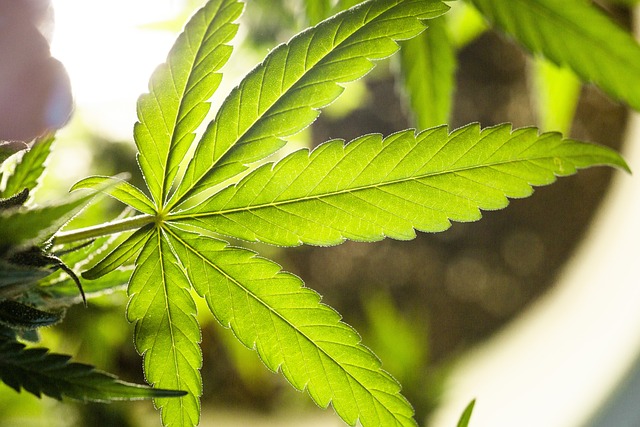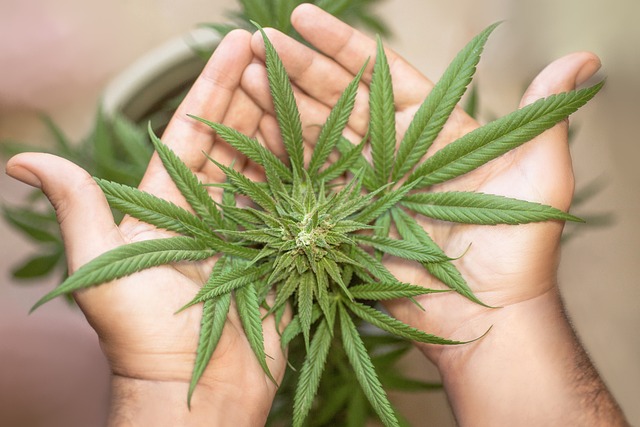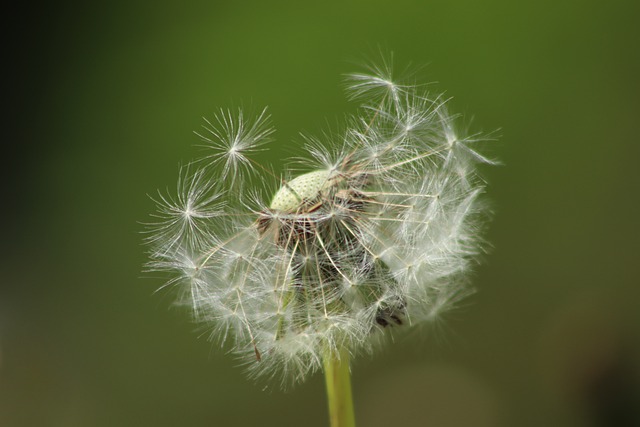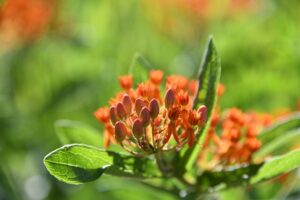
THCA (tetrahydrocannabinolic acid) is gaining attention as a superior natural sleep aid compared to traditional over-the-counter remedies and even CBD. Unlike CBD, THCA doesn't produce psychoactive effects and has a unique impact on the endocannabinoid system by targeting CB1 and CB2 receptors, which are pivotal for regulating sleep cycles. Preliminary studies suggest that THCA can help users fall asleep faster and sustain longer, higher quality sleep. Its targeted approach to sleep architecture makes it potentially more effective than CBD for sleep disturbances. The differences between THCA and CBD in relation to sleep are becoming clearer, with THCA's interaction being particularly beneficial for promoting restful sleep. As research continues, the therapeutic potential of THCA vs CBD for improving sleep quality is an area of growing interest, offering a natural alternative to pharmaceuticals for those struggling with insomnia or poor sleep. This comparison highlights the importance of understanding how these cannabinoids can differently impact sleep, with THCA's specific effects on deep sleep stages and CBD's benefits in managing stress and pain contributing to better overall sleep conditions.
Explore the restorative potential of THCA flower, a natural ally for those seeking enhanced sleep quality. This article delves into the multifaceted benefits of THCA, a non-psychoactive cannabinoid found in hemp and cannabis plants, and how it can serve as an effective sleep aid. Compare THCA’s effects to those of CBD, another prominent cannabinoid, through a scientific lens. Discover the role of THCA flower in managing sleep disorders, its differences from other cannabinoids in promoting restful slumber, and the optimal dosage for improved sleep. Examine the entourage effect of combining THCA with other cannabinoids to maximize sleep benefits. Gain insights from real-life success stories and understand the legal considerations surrounding its use. Learn how to safely incorporate THCA flower into your nighttime routine, the safety profile for various demographics, potential side effects, and the importance of sourcing high-quality THCA flower. Additionally, navigate through the different strains available to find the right fit for your sleep needs. Finally, anticipate future research advancements in sleep science related to THCA flower’s therapeutic properties.
Unveiling THCA Flower: A Natural Sleep Aid

Unveiling THCA Flower as a Natural Sleep Aid, its potential surpasses traditional over-the-counter remedies by offering a more holistic approach to achieving restful sleep. Unlike CBD, which is commonly recognized for its calming and relaxing effects, THCA (Tetrahydrocannabinolic Acid) exists in the raw cannabis plant and has not undergone decarboxylation, the process that converts it into THC. This precursor compound possesses unique therapeutic properties that are particularly beneficial for sleep regulation. THCA interacts with the body’s endocannabinoid system, influencing sleep patterns without the psychoactive effects associated with its mature form, THC.
Research suggests that THCA may be particularly effective in alleviating insomnia and improving sleep quality due to its affinity for the CB1 and CB2 receptors, which play a crucial role in regulating sleep-wake cycles. While CBD is known for its relaxing effects, THCA’s action is more targeted towards promoting natural sleep architecture, potentially making it a superior option for those seeking a natural aid for sleep disturbances. The benefits of THCA flower for sleep are not just anecdotal; preclinical studies indicate its potential to help users fall asleep faster and enhance the duration and quality of sleep. As such, THCA stands out as a promising alternative or complementary treatment to CBD, offering a natural solution for better sleep without the need for pharmaceuticals.
THCA vs CBD: A Comparative Analysis for Restful Slumber

Cannabinoids, particularly tetrahydrocannabinolic acid (THCA) and cannabidiol (CBD), have been subjects of interest for their potential effects on sleep. THCA vs CBD for sleep discussions revolve around the distinct mechanisms these compounds exhibit within the endocannabinoid system. Unlike its psychoactive counterpart delta-9-tetrahydrocannabinol (THC), THCA does not induce intoxication; however, it holds therapeutic promise for sleep regulation. Preliminary research suggests that THCA may interact with the body’s CB1 and CB2 receptors to promote homeostasis within the nervous system, potentially leading to more restful sleep. This is in contrast to CBD, which is non-psychoactive and interacts with a broader range of receptors beyond the endocannabinoid system, including serotonin receptors that regulate mood and anxiety, which can also indirectly influence sleep patterns. Both THCA and CBD have been studied for their anxiolytic properties, as anxiety often disrupts sleep quality.
Incorporating THCA or CBD into a bedtime routine may offer different benefits for those seeking improved slumber. THCA’s potential to influence the sleep-wake cycle through its affinity for cannabinoid receptors could make it a compelling option for individuals looking to enhance deep, restorative sleep stages. On the other hand, CBD’s wider range of effects on bodily functions, including reducing stress and pain, can contribute to a more conducive environment for sound sleep. As research continues to evolve, understanding the nuanced differences between THCA and CBD for sleep becomes increasingly important for those exploring cannabinoids as a natural remedy to combat insomnia and improve overall sleep quality.
THCA flower has emerged as a promising natural alternative for those seeking improved sleep quality. This article has shed light on how THCA, a non-psychoactive cannabinoid found in hemp, can serve as an effective sleep aid. By comparing THCA to CBD, particularly in the context of restful slumber, it’s evident that both compounds offer unique benefits. While CBD has long been recognized for its calming effects, THCA’s potential as a sleep supplement is gaining attention due to its more direct interaction with the body’s endocannabinoid system. As research continues to unfold, understanding the nuances between THCA and CBD for sleep becomes increasingly important for consumers looking to enhance their sleep health naturally.







